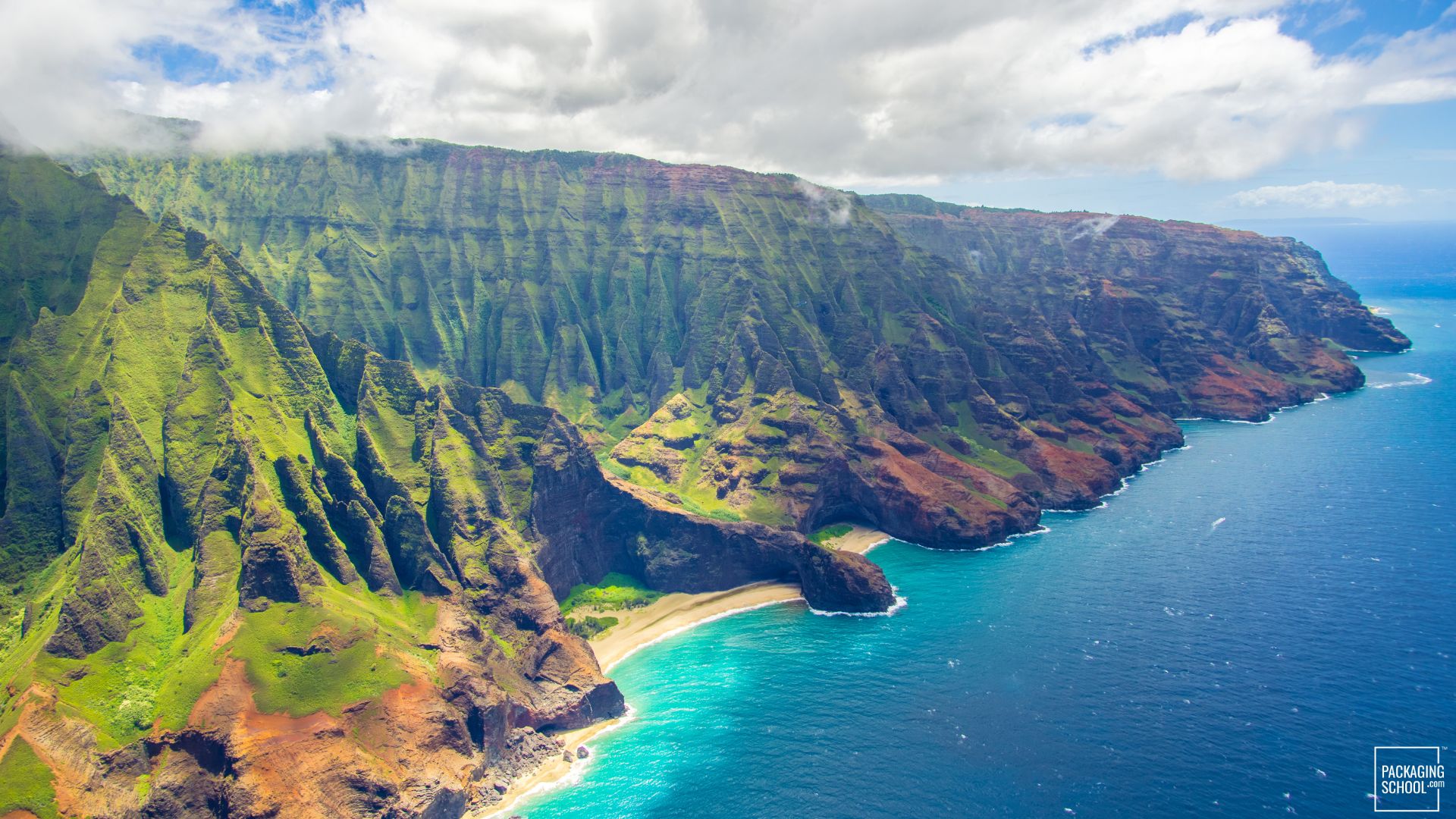Hawaii | Deposit Beverage Container (DBC) Program

The state of Hawaii introduced their Deposit Beverage Container (DBC) program in January of 2005, becoming the latest state to introduce a bottle bill.
According to the Hawaii Department of Health, this program has catalyzed the collection of over 10 billion containers and has reduced litter across the state. Like the DRS programs in the nine other US states, Hawaii’s program has undergone many changes since its conception—see the program’s history and development here.
What's Included?
BottleBill.org provides an overview of what is covered and exempt under Hawaii’s bottle bill, including:
Beverages Covered: non-alcoholic beverages (water, juice, soda, tea, coffee, etc.), beer and other malt beverages, mixed spirits (<15% alcohol) and mixed wine (<7% alcohol), and alcohol-free wine.
Containers Covered: plastic (PET, HDPE), metal (aluminium) and bi-metal, and glass containers that are less than or equal to two liters.
Exemptions: wine, hard liquor, and milk and dairy products.
What’s the Refund Value?
The refund value for Hawaii’s Bottle Bill is five cents USD for all covered materials.
Impact of DRS in Hawaii
Similar to Vermont, when compared to other US states with bottle bills, Hawaii’s recycling rates for PET, aluminum, and glass are relatively average but comfortably ahead of the national averages, except for glass (2018).
Hawaii's PET recycling rate for 2018 of 37% is 17.96% higher than the national average (19.04%).
Hawaii's aluminum recycling rate for 2018 of 55% is 23.72% higher than the national average (31.28%).
Hawaii’s glass recycling rate for 2018 of 20% is -5.86% lower than the national average (25.86%).
[data from 50 States of Recycling 2.0 by Ball Corporation & Eunomia]
Tomra states that the redemption rate for Hawaii's bottle bill was 55% in 2023—the third lowest of the 10 states with bottle bills based on 2023 / 2024 return rates.
Read more on Hawaii’s Deposit Beverage Container program here.
Read about the bottle bills in the nine other US states here.
By signing up you indicate you have read and agree to our Terms of Use. Packaging School will always respect your privacy.